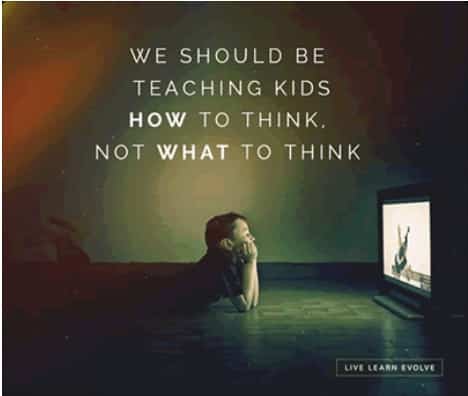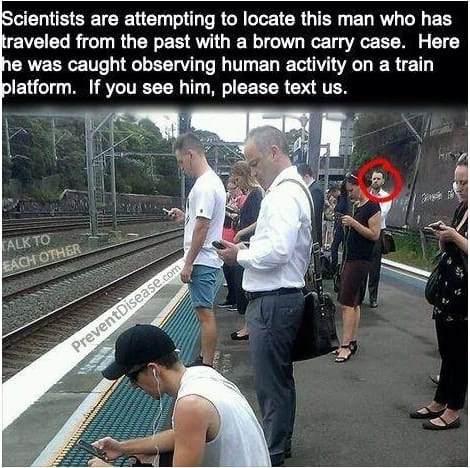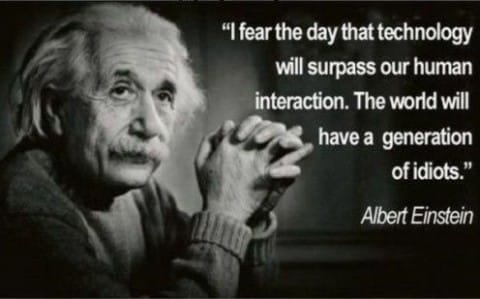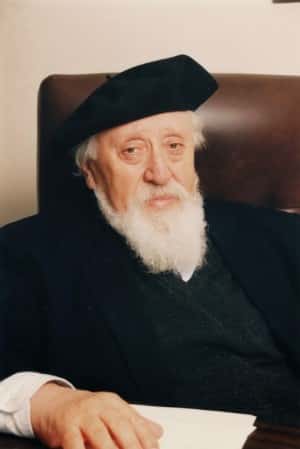Buongiorno a tutti
sono aperte le iscrizioni al corso Pas Standard II livello che si terrà aValeggio sul Mincio presso l'hotel Heden
Date:
10-11-12 Ottobre 21-22-23 Novembre;
Per chi si iscrive entro il 15 Settembre è prevista una tariffa scontata di 380€+ iva dopo tale data la tariffa è pari a 410€+iva
Per ulteriori informazioni potete inviare una mail a marialuisa.boninelli@unive.it
Di seguito vi allego il programma del corso di formazione.
Obiettivi:
Organizzazione:
Destinatari
SI PREGA DI PRENDERE VISIONE DELLE NUOVE NORME DA PARTE DEL FEUERSTEIN INSTITUTE SULLA FORMAZIONE CONTINUA CHE DEVONO ESSERE FIRMATE E CONSEGNATE IL PRIMO GIORNO DI CORSO.
Grazie.
sono aperte le iscrizioni al corso Pas Standard II livello che si terrà aValeggio sul Mincio presso l'hotel Heden
Date:
10-11-12 Ottobre 21-22-23 Novembre;
Per chi si iscrive entro il 15 Settembre è prevista una tariffa scontata di 380€+ iva dopo tale data la tariffa è pari a 410€+iva
Per ulteriori informazioni potete inviare una mail a marialuisa.boninelli@unive.it
Di seguito vi allego il programma del corso di formazione.
Obiettivi:
·
conoscenza approfondita della teoria
dell’Apprendimento Mediato
·
Utilizzo consapevole e competente dei Criteri di
Mediazione
·
Sviluppo e analisi dei propri processi cognitivi
·
Gestione della lezione
·
Coscienza degli strumenti relativi al II° Livello
P.A.S.
1. Istruzioni
2. Relazioni
Familiari
3. Relazioni
temporali
4. Orientamento
Spaziale II
5. Classificazioni
Contenuti:
* Analisi degli strumenti metodologici (Criteri di
Mediazione, Analisi delle funzioni cognitive, Carta Cognitiva)
*
Il problema dell’apprendimento.
*
I criteri della mediazione.
*
Obiettivi o sottobiettivi del PAS.
*
Organizzazione degli incontri PAS.
*
Progettazione di attività cognitive collegate
agli strumenti
* L'Uso del Programma di Arricchimento Strumentale come risposta ai bisogni educativi speciali
* L' uso del Programma di Arricchimento Strumantale come risposta agli alunni con comportamenti-problema
* L'Uso del Programma di Arricchimento Strumentale come risposta ai bisogni educativi speciali
* L' uso del Programma di Arricchimento Strumantale come risposta agli alunni con comportamenti-problema
Tempi:
45 ore
N.B. QUESTO CORSO
PREVEDE LE ORE FORMATIVE REALI CONTRATTUALI, RICHIESTE DAL FEUERSTEIN
INSTITUTE. Corsi con ore di formazione inferiori alle 45 ore non corrispondono
ai criteri formativi stabiliti dal FEUERSTEIN INSTITUTE e pertanto non possono
essere considerati una formazione valida al Metodo Feuerstein.
Organizzazione:
Lezione
Frontale, lezione interattiva e in piccolo gruppo per lo sviluppo, la
discussione e l’applicazione degli strumenti.
Responsabile del corso e Formatore:
Prof.ssa
Maria Luisa Boninelli,
qualificata e accreditata come formatore Senior associato al Feuerstein
Institute di Gerusalemme, diretto dal prof.re Feuerstein, autorizzata
all’insegnamento del Metodo, collabora con il Centro Studi Erickson
nella formazione docenti e ha lavorato sempre come docente all'interno
di corsi di specializzaione Universitari. Destinatari
La
formazione è rivolta in particolare a quanti operano in attività psicopedagogiche,
sociali e formative nell’ambito della scuola e della sanità (insegnanti,
operatori sociali, logopedisti, psicologi, formatori, etc.)
SI PREGA DI PRENDERE VISIONE DELLE NUOVE NORME DA PARTE DEL FEUERSTEIN INSTITUTE SULLA FORMAZIONE CONTINUA CHE DEVONO ESSERE FIRMATE E CONSEGNATE IL PRIMO GIORNO DI CORSO.
Grazie.




